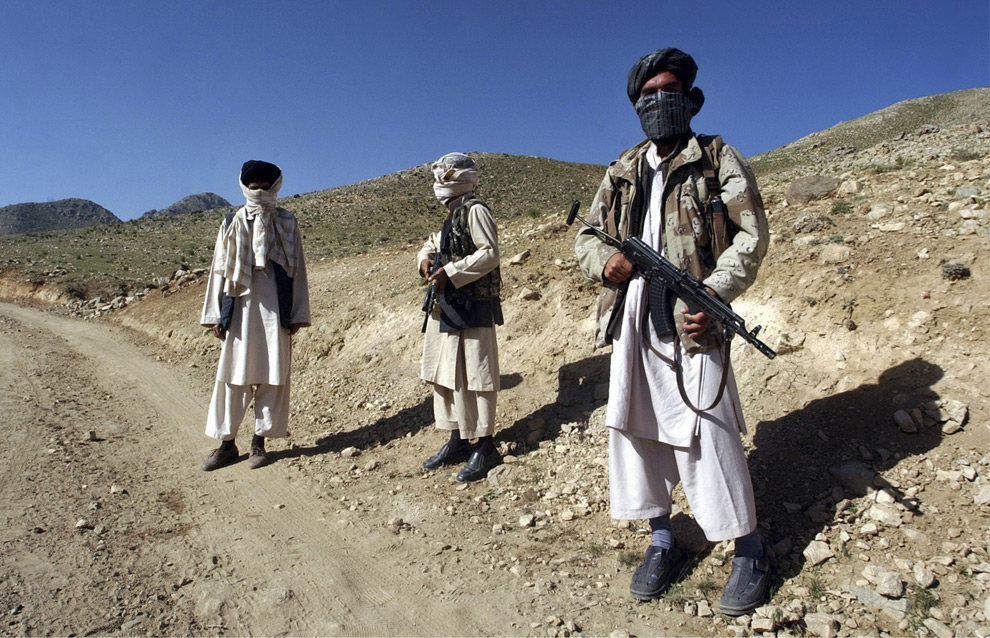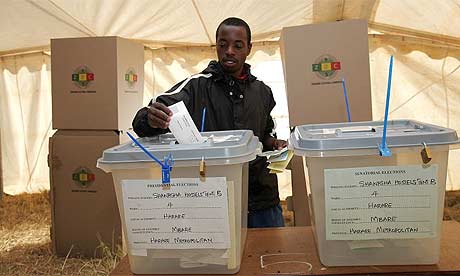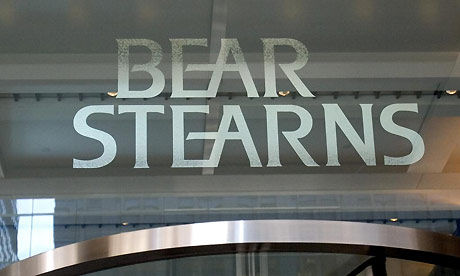 Overview
Overview
So, with it being NFL time and all that, we here at Extemp HOTtopics decided to revisit the topic of oil. Now I’m sure you are all saying: “We’ve already talked about OPEC and how monetary policy affects oil prices.” While that is true, this briefing is going to be a little different. Specifically, since it is so late in the season, this briefing is going to focus a little less on facts and a little more on strategy. Thus, while we will cover some new issues regarding oil (mainly the windfall profits tax) this briefing is more about explaining how oil as an issue can be the save all “I need another point” saving grace of extempers. Therefore, this brief will go over some basic oil things that everyone should know, then examine how you can use oil to add a new level of analysis to all your rounds (including domestic social), and finial pose some non oil questions and give you an idea of how oil can be used to make your analysis more slick… Get it? Get it?


 Overview
Overview Overview
Overview Overview
Overview Overview
Overview Overview
Overview Overview
Overview Overview
Overview Overview
Overview  Protestors: Free Tibet! Free Tibet!
Protestors: Free Tibet! Free Tibet! Overview
Overview Overview
Overview Overview
Overview